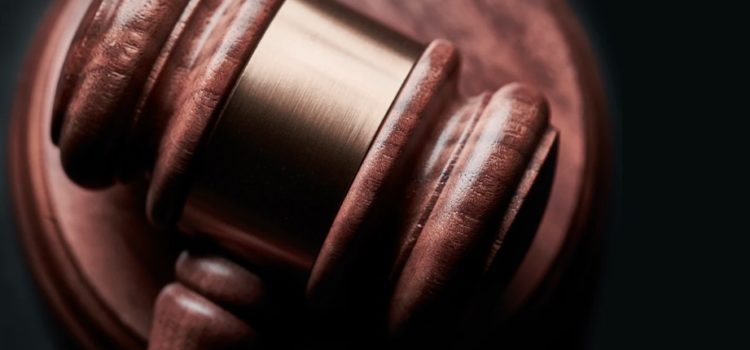
Updated March 28, 2024
Did Sam Bankman-Fried commit fraud? Did his customers’ money truly end up in someone else’s pockets?
Sam Bankman-Fried’s financial empire crumbled in November 2022 when FTX lost nearly $10 billion of its clients’ money. Although he’s charged with various counts of fraud, financial journalist Michael Lewis suggests that the case against Bankman-Fried is less damning than outsiders believe.
Keep reading to learn two reasons why Lewis questions Sam Bankman-Fried’s fraud charges.
Sam Bankman-Fried’s Fraud Case
On November 11, 2022, in the immediate aftermath of FTX’s collapse, Sam Bankman-Fried formally declared bankruptcy. His company, which had been recently valued at $40 billion, was insolvent. And, although public onlookers were quick to assume that Sam Bankman-Fried’s fraud charges are appropriate, Lewis argues that several factors undermine this narrative. We’ll examine two such factors: The findings of John Ray (FTX’s new CEO tasked with helping US officials find the missing money) and Bankman-Fried’s decision to go to trial.
Reason #1: John Ray’s Investigation
After Bankman-Fried declared bankruptcy, FTX’s lawyers from Sullivan & Cromwell appointed John Ray as interim CEO of FTX. Ray’s task, Lewis relates, was to find as much of FTX’s missing funds as possible to return to its creditors. And, according to Lewis, Ray managed to find significant portions of the missing funds even though he lacked experience with cryptocurrencies. For example, Ray found the billion dollars stolen by a rogue hacker in Mauritius, and by his own report, he recovered a total of $7 billion by June 2023. In light of Ray’s success, Lewis concludes that the money might not be missing after all.
(Shortform note: It’s unclear how, according to Lewis, Ray has already recovered $7 billion (with several billion more on the way) given that FTX was only $6 billion in the hole by Lewis’s own account—if so, then Ray has actually found additional money beyond what FTX was missing. However, one possible explanation that Lewis doesn’t explore is that FTX’s accounting data was so muddled that it’s difficult to determine exactly how much was missing in the first place.)
Reason #2: Bankman-Fried’s Decision to Go to Trial
Further, Lewis suggests that Bankman-Fried’s willingness to stand trial is evidence of his innocence because it’d be irrational to stand trial if he were guilty. Lewis explains that, in December 2022, Bankman-Fried was extradited from the Bahamas to the US, where he demanded to go to trial rather than accept a plea deal.
(Shortform note: Although Lewis writes as if a plea deal was a viable option for Bankman-Fried, the prosecutor for Bankman-Fried’s case has clarified that the two parties never discussed the possibility of a plea deal, much less had an official plea deal on the table.)
Lewis points out that, of those who go to trial against the US government, less than 1% are acquitted, with 90% instead opting to take a plea deal. For Bankman-Fried’s decision to go to trial to make sense, he would need a compelling defense. So, although Bankman-Fried’s critics act as if his conviction is a foregone conclusion, Lewis suggests that their faith in Bankman-Fried’s guilt might just prove mistaken.
(Shortform note: Prior to his trial, Bankman-Fried was sent to jail for witness tampering. Judge Lewis Kaplan revoked Bankman-Fried’s bail in August 2023, finding probable cause that Bankman-Fried had intentionally tried to discredit Caroline Ellison, a key witness against him, by leaking entries from her private journal to members of the press. Consequently, Bankman-Fried had to spend his pre-trial period in jail, albeit with internet access to prepare for his defense.
On November 2, 2023, Sam Bankman-Fried was found guilty of seven counts of fraud and conspiracy in a month-long trial related to the collapse of his FTX exchange. He faces a potential maximum sentence of 20 years in prison on each of the most serious charges. Judge Lewis Kaplan set a sentencing date for March 2024.
On March 28, 2024, Bankman-Fried was sentenced to 25 years in prison.)

———End of Preview———
Like what you just read? Read the rest of the world's best book summary and analysis of Michael Lewis's "Going Infinite" at Shortform.
Here's what you'll find in our full Going Infinite summary:
- How Sam Bankman-Fried created an empire—and then destroyed it
- A look at Bankman-Fried's life before he became a crypto mogul
- How effective altruism led Bankman-Fried to his career in finance






